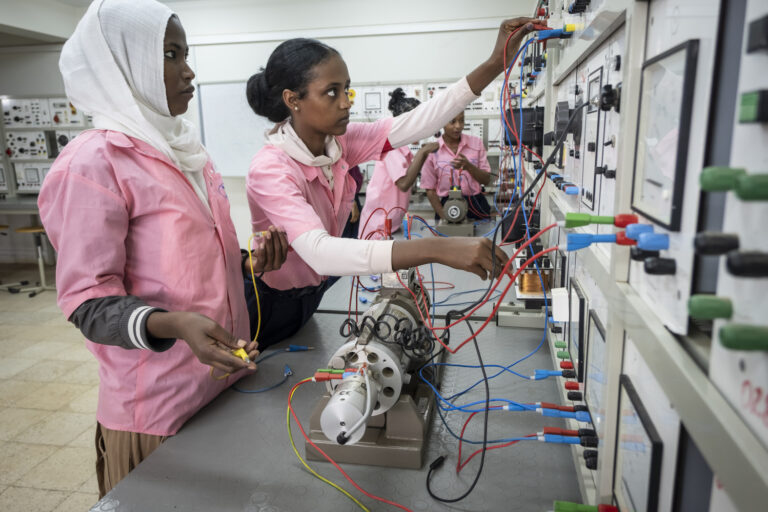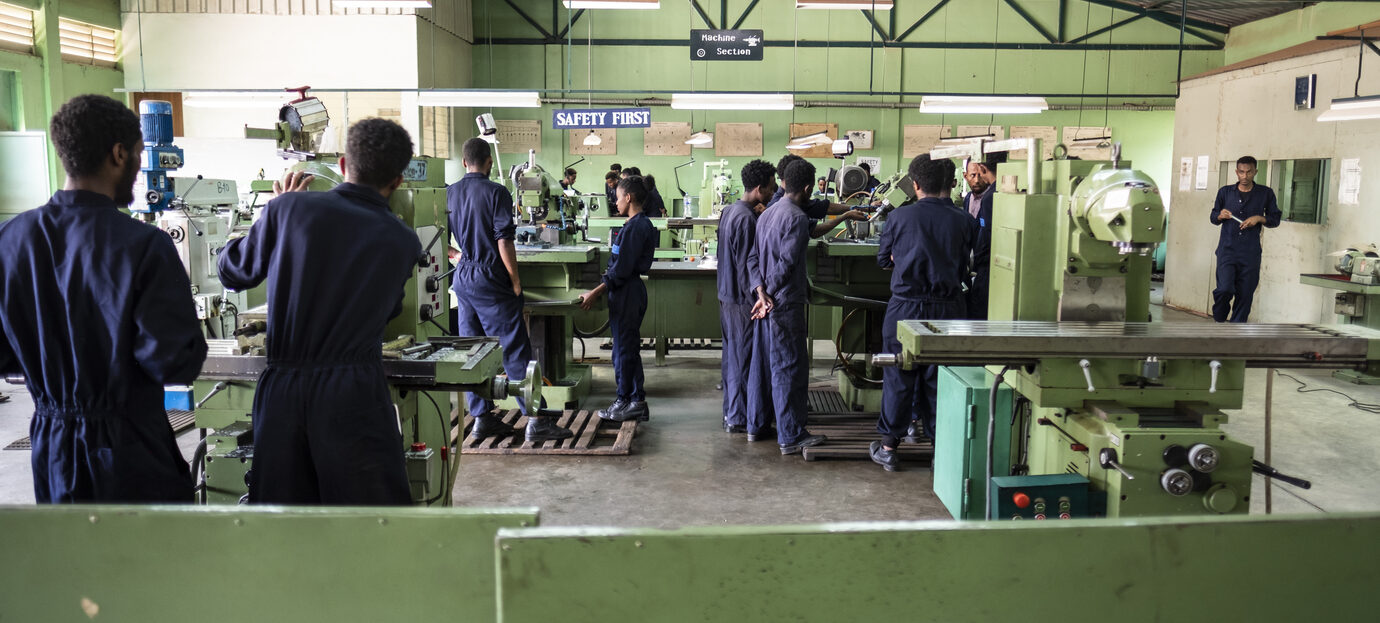
Agro Technical and Technology College
A technical college creates future prospects
Over 70% of Ethiopians subsist from agriculture. For many people their livelihood depends on the next harvest. Due to the lack of a skilled workforce virtually no handicrafts or industrial sector exists. Because half of the Ethiopian population is under the age of 16, a good training is the key to the development of the country: the young people receive an opportunity to find their own way out of poverty.
With the Agro-Technical Training College (ATTC) Karlheinz Böhm and his Menschen für Menschen Foundation created an educational establishment that is a landmark for the future of Ethiopia. Here young men and women are trained in modern farming and husbandry methods, as well as handicrafts and technical professions. Since 1992 a total of 2905 students have obtained their Bachelor’s degree at the ATTC.
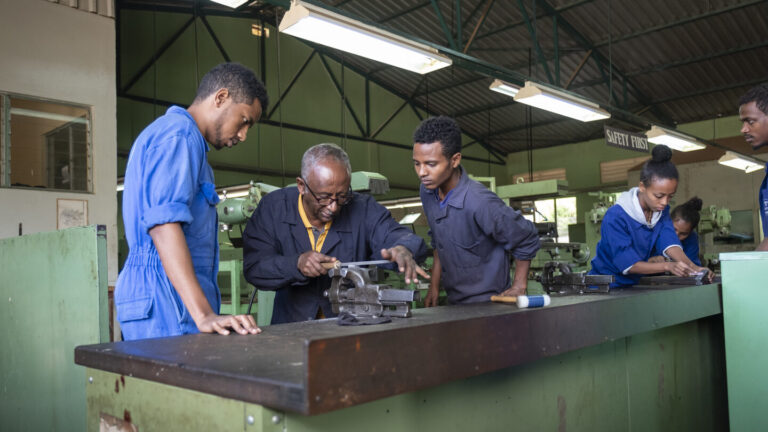
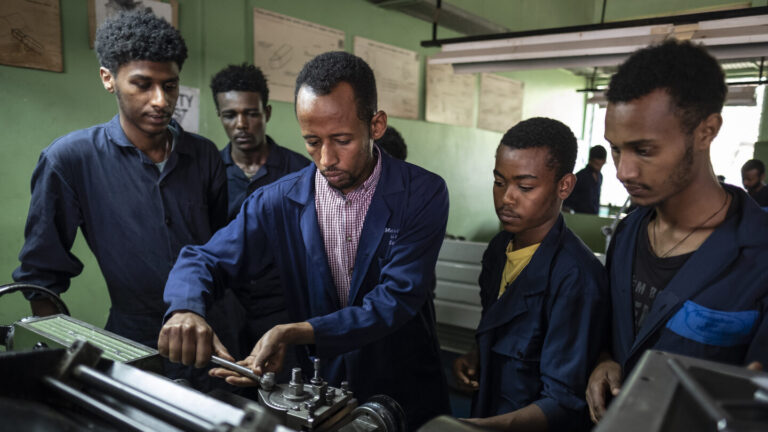
A professional qualification is the key to a secure future – and at the same time it means a cautious approach to global requirements, indispensable for the country’s social and economic progress.
Courses of study
In the field of agrotechnology students can obtain a Bachelor of Science in either crop or animal production. The course of training takes three years in each case and ensures the students acquire a broad expert knowledge. The courses available include the following:
- Cattle farming and management
- Poultry raising and management
- Environmental ecology
- Soil and water conservation management
- Vegetable production
- Farm management
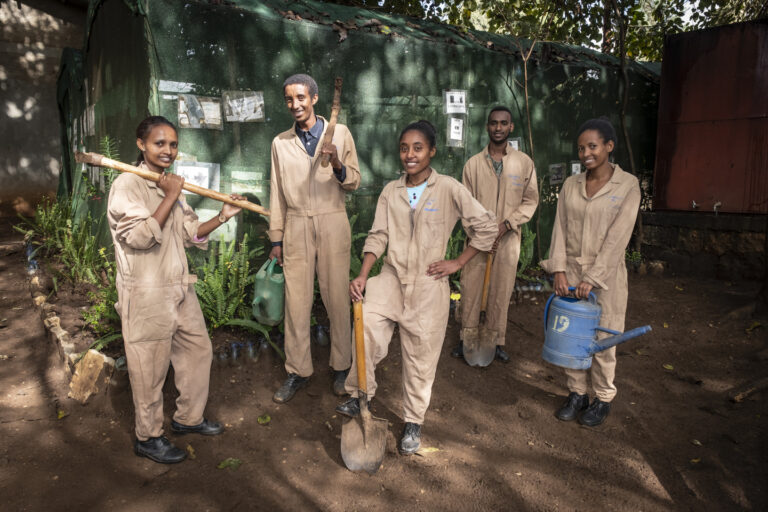
The students first of all acquire basic skills, before they develop their practical skills such as welding and milling in well-equipped production halls. The curriculum includes the management of technical installations including planning, cost calculation and quality control. The courses offered include the following:
- Hydraulics and pneumatics
- Fluid mechanics
- Refrigeration and air conditioning technology
- Technical drawing
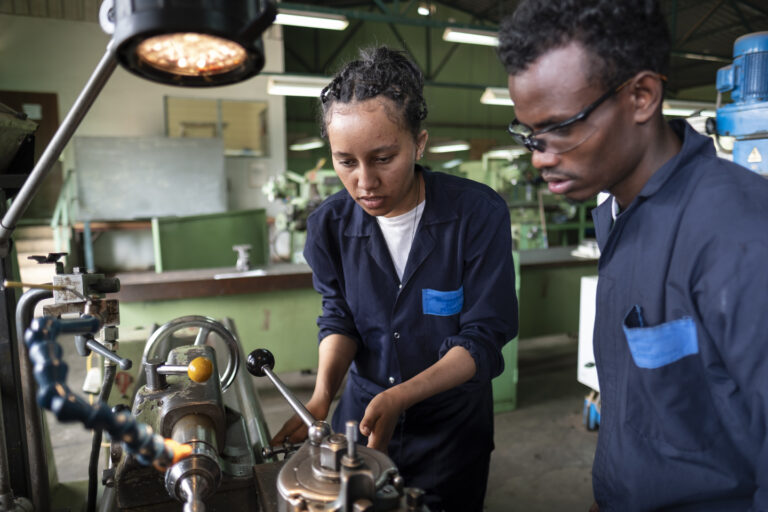
This four-year course of study teaches all the required skills for the repair and maintenance of motor vehicles and agricultural machines. The curriculum includes the following courses:
- Mechanical engineering
- Vehicle dynamics
- Machine mechanics
- Repairs and painting
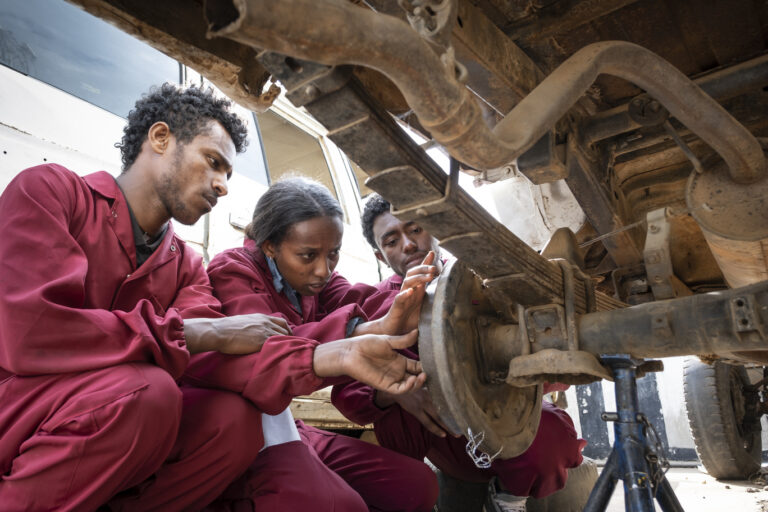
In the course of the training workshop operation a large number of vehicles of the local administration and other aid organizations are serviced and repaired. This service contributes to the funding of the workshops.
Besides the theoretical lectures, students receive a sound practical training in electrotechnical installations in well-equipped laboratories. The following courses are offered:
- Engineering mechanics
- Microcomputers and interfacing
- Planning and operation of power supply systems
- Mobile communications
